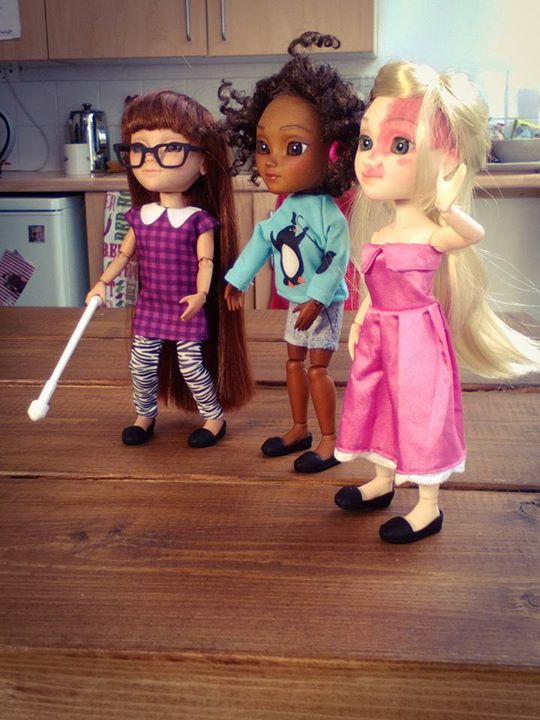
The Facebook campaign initiated by parents of special needs children asked for a "better representation and diversity in the toy box" on their social media page.
 PHOTO: FACEBOOK PAGE
PHOTO: FACEBOOK PAGEMeanwhile, Twitter was abuzz with parents asking for toys with disabilities, some even went ahead and made them for their kids:
Love my @Siemens_Hear_UK bear - more @toylikeme needed for deaf kids please! #toylikeme pic.twitter.com/TUfv7Ygfkb
— NDCS Audiology Adviser (@KidsAudiologist) May 7, 2015
@OfficeGSBrown we're campaigning for positive toybox diversity. Pls RT these cute blind dolls in shades #toylikeme pic.twitter.com/c0RarIDHfH
— melissamostyn (@melissamostyn) April 29, 2015
@melissamostyn @KatiePiper_ loads of others too #toylikeme pic.twitter.com/vijU4MOfiN
— Laura Guy (@LozzaGuy) April 24, 2015
Soon enough, Makies responded and got working on these special dolls. They responded to their fans on their webpage saying, "We put a bunch of things on hold and jumped into designing toy hearing aids, toy walking aids, working out how to do facial birthmarks… plus Anthony and Zoe are working on a new 3D printed toy wheelchair, too!"
 PHOTO: 3DPRINT
PHOTO: 3DPRINTThe customised British-based toy developer MakieLab created a selection of Makie doll-sized impairment aids and accessories, using 3D printing to deliver them within days of demand.
 PHOTO: MYMAKIE
PHOTO: MYMAKIETwitter saw excited people praising the initiative:
Dolls with disabilities are changing the toy industry http://t.co/5Y02V0hDHD via @Cosmopolitanuk great idea for 3D printing from @makielab
— Harry Holmwood (@Hholmwood) May 16, 2015
@LetToysBeToys Awesome! @toylikeme Meet the world's first dolls with a disability! THANKYOU @OfficialMakies pic.twitter.com/WW37SqJpvc
— Tracy Hopkins 💙 (@tracyshopkins) May 13, 2015
https://twitter.com/HazelcjNicholls/status/598449945050492928
https://twitter.com/BoAndBel/status/598452181667282944
This is so awesome! My 'Share a smile Becky' wheelchair barbie changed my life! http://t.co/oQMg4fyPHY #ToyLikeMe pic.twitter.com/DB1waPjLc8
— Hannah Cockroft OBE PLY DL (@HanCockroft) May 15, 2015
“It’s fantastic that our supercharged design and manufacturing process means we can respond to a need that’s not met by traditional toy companies,” Makies CTO Matthew Wiggins wrote in the blog post. “We’re hoping to make some kids – and their parents! – really happy with these inclusive accessories.
 PHOTO: BUZZFEED
PHOTO: BUZZFEEDThe parents behind the campaign were thrilled at the launch. “You just made a lot of people very happy!” they wrote.
The dolls are currently priced at $108 and custom-designed for their owners, parents can request a doll with the same disability as their child.
But #ToysLikeMe is not stopping here, the parents of the campaign want to go one step ahead and bring the big toy companies on board.
"But it’s not over yet! Toy Like Me won't rest. If small companies like Makies can respond, what are the big girls and boys doing?" they wrote on their Facebook page.
@wonderbaby Pls RT for toybox diversity. @playmobil where are the blind genies. wheelchair wizards? #toylikeme pic.twitter.com/YVZH3VUahO
— Toy Like Me (@toylikeme) May 12, 2015
"Come on LEGO, Playmobil, Mattell Barbie 770,000 UK children with disabilities (and millions more beyond) need positive toy box representation now!" said their post.
The campaign is garnering more and more followers on social media as people realise the importance of such dolls
Can I please have #toylikeme a Little Kiruna with dwarfism. Oh, man that would have made my day as a kid.
— Kiruna Stamell ♿ (@Kiruna_Stamell) May 14, 2015
I absolutely love the #toylikeme campaign calling for more toys to be made representing disability to children pic.twitter.com/MtUKPJbntr
— Emily Davison (@DavisonEm) May 14, 2015
@FabBricks @toylikeme @melissamostyn help promote more diversity in the lego box. Make minifigs that look like me.
— Karen Newell (@newellk70) April 24, 2015
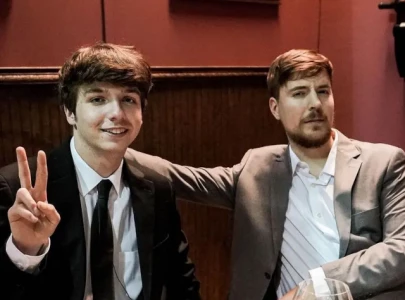


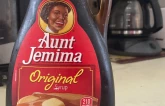
1725967717-0/Untitled-design-(3)1725967717-0-165x106.webp)
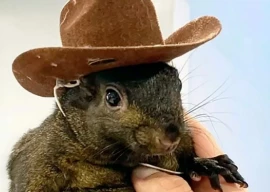

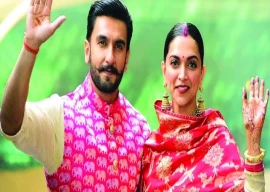
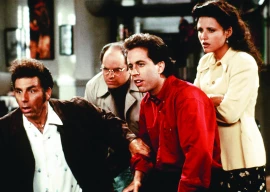
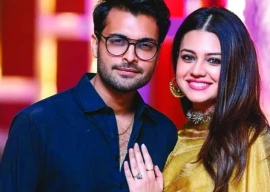
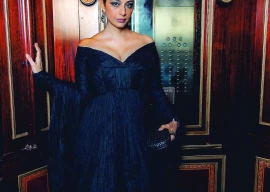






COMMENTS
Comments are moderated and generally will be posted if they are on-topic and not abusive.
For more information, please see our Comments FAQ